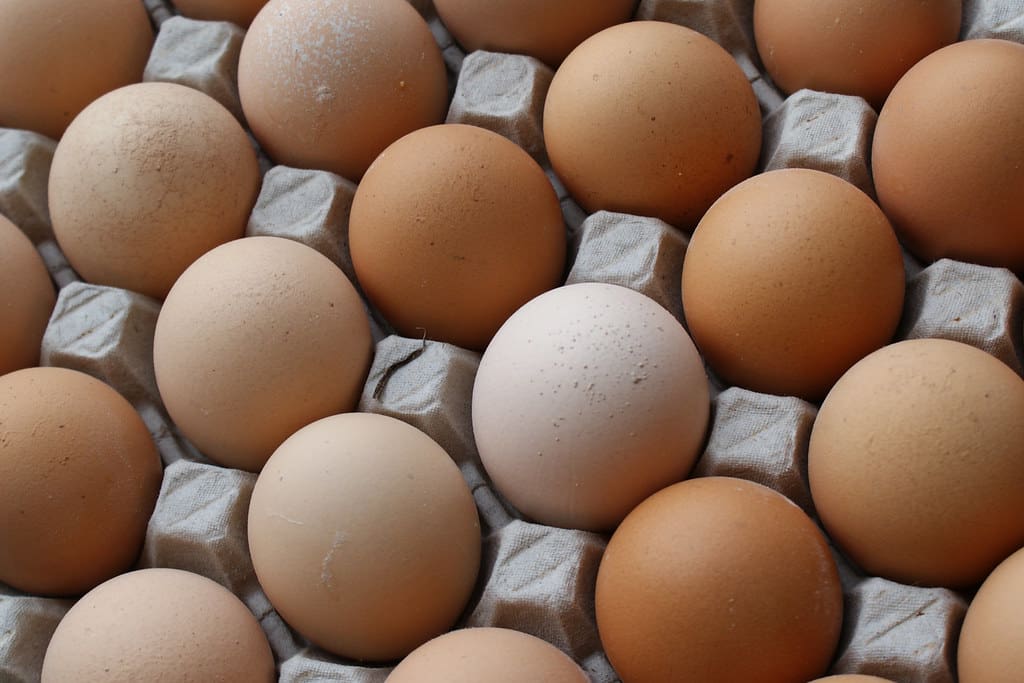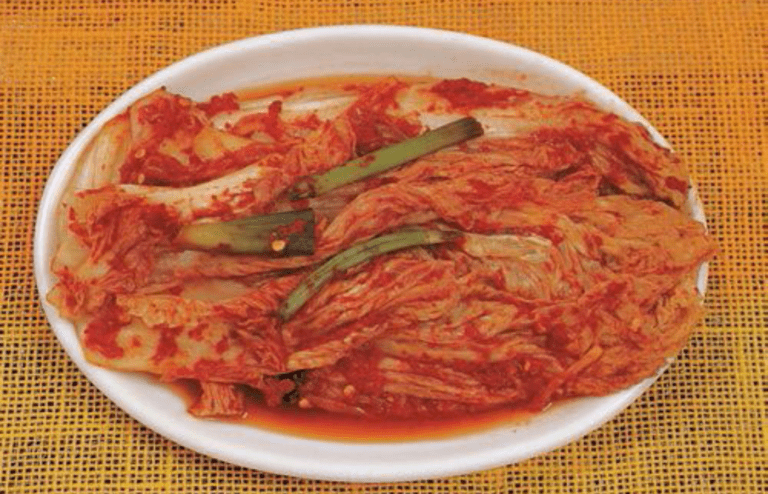When you think of “protein-rich foods,” eggs are often one of the first things that come to mind. They’re a breakfast staple, a go-to ingredient for fitness enthusiasts, and a versatile addition to countless meals. But despite their reputation, a single egg contains only about 6 grams of protein—not exactly the powerhouse some might assume.
The good news? There are plenty of other foods that pack an even bigger protein punch! Whether you’re looking to build muscle, stay full longer, or simply add more variety to your diet, there’s no need to rely on eggs alone. From plant-based options perfect for vegans to protein-dense choices for anyone looking to shake up their meal plan, here are 30 foods that deliver more protein per serving than your average egg.
Soybeans
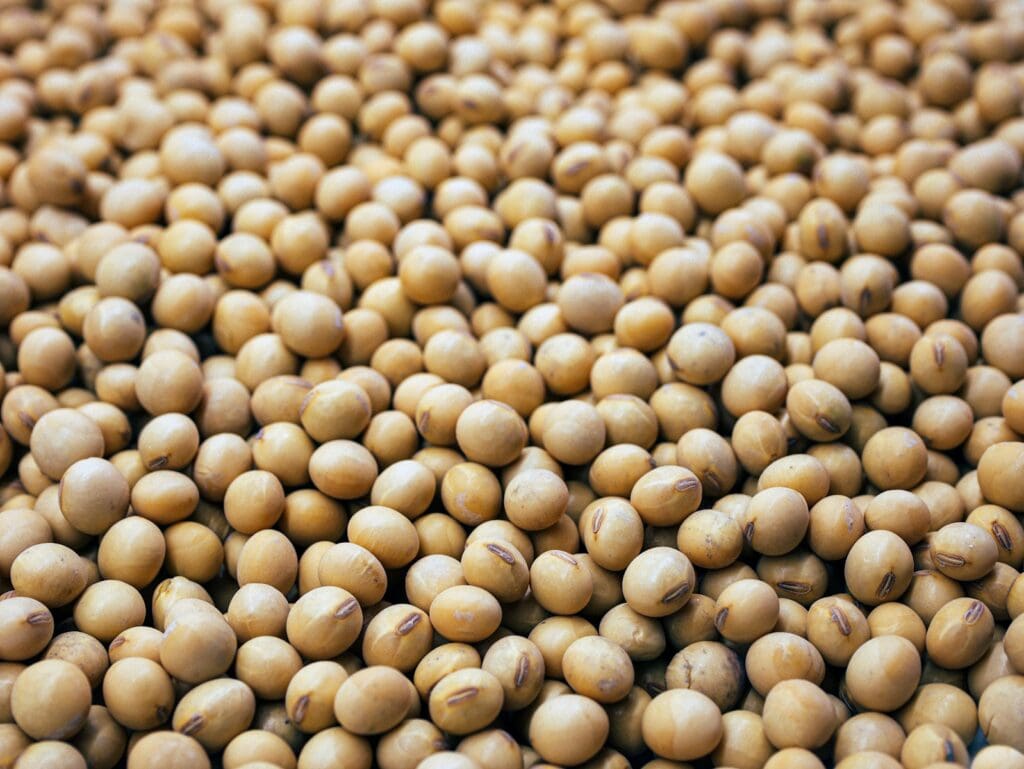
One cup of cooked soybeans offers around 28 grams of protein. That’s a lot of protein from a few beans! Soybeans are often processed into other foods, too, like tofu and tempeh. We’ll go into more depth on those later.
Milk
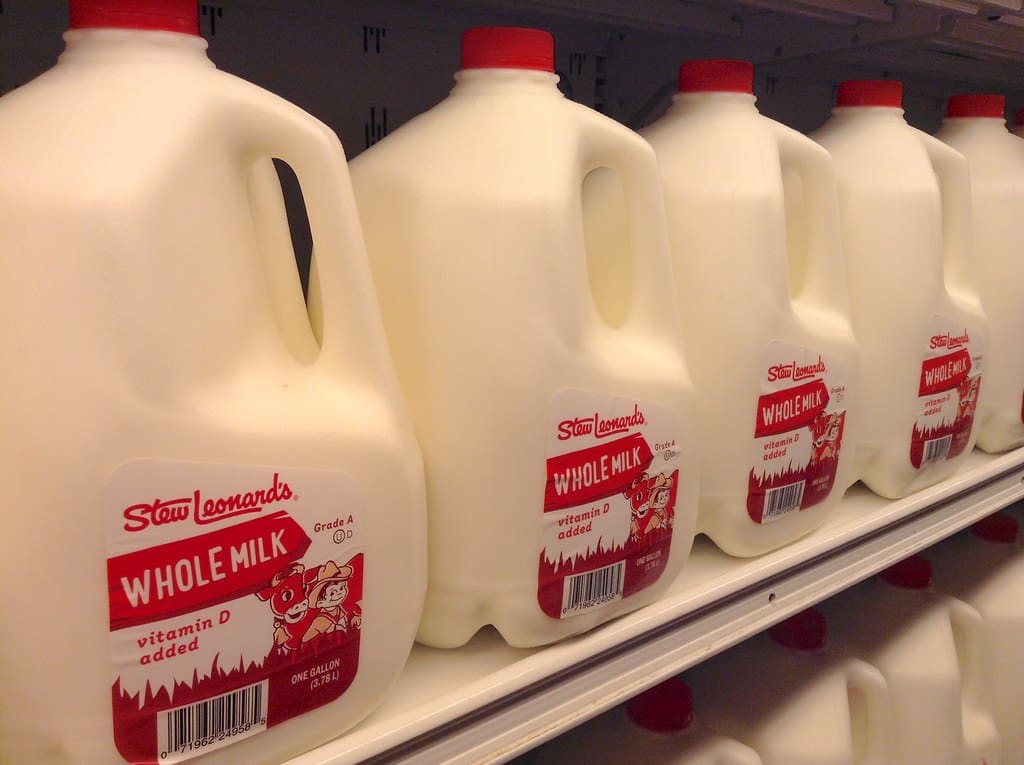
A nice, cold glass of milk has more protein than an egg. While you might not drink a lot of milk throughout the day, a single glass contains around 8 grams of protein. That makes it easy to slam a glass of milk after a workout and recover in time to see some good gains.
Tempeh

Tempeh, a tofu-like dish created from fermented soybeans, is delicious. It’s got a nutty flavor and is loaded with protein, offering about 16 grams of protein in a three-ounce serving. That makes it a favorite dish for people looking to bulk up without eating meat.
Chia Seeds
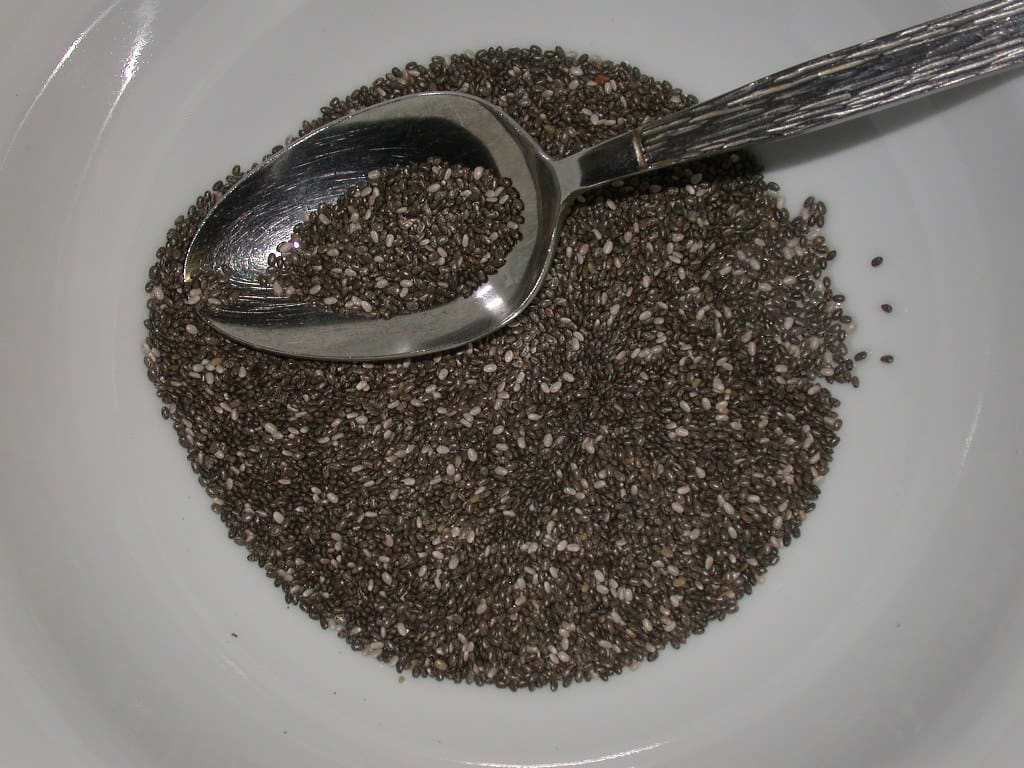
Two tablespoons of chia seeds contain an astonishing five grams of protein. They’re also rich in calcium, iron, and fiber, among other vitamins and minerals that make them exceptionally good for you. Consider adding some chia seeds to your next dish to reap these benefits!
Salmon
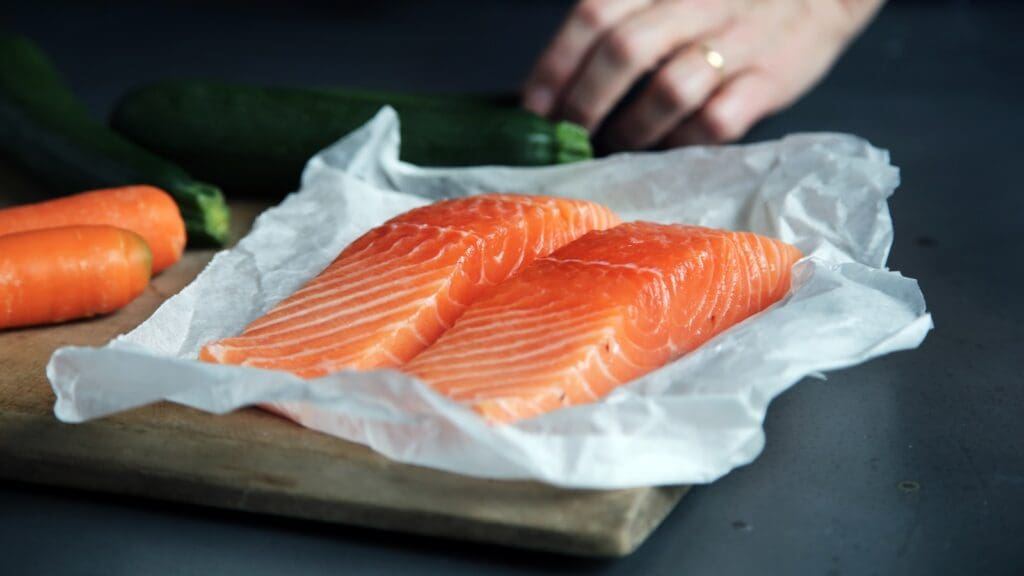
One cooked filet of salmon gives you 35 grams of protein. That’s huge! There’s also tons of omega-3 and omega-6 fatty acids in salmon, as well as vitamins B12 and D. On top of that, the fish is rich in iron. It’s really great for you if you’re the kind of person who eats seafood.
Shrimp
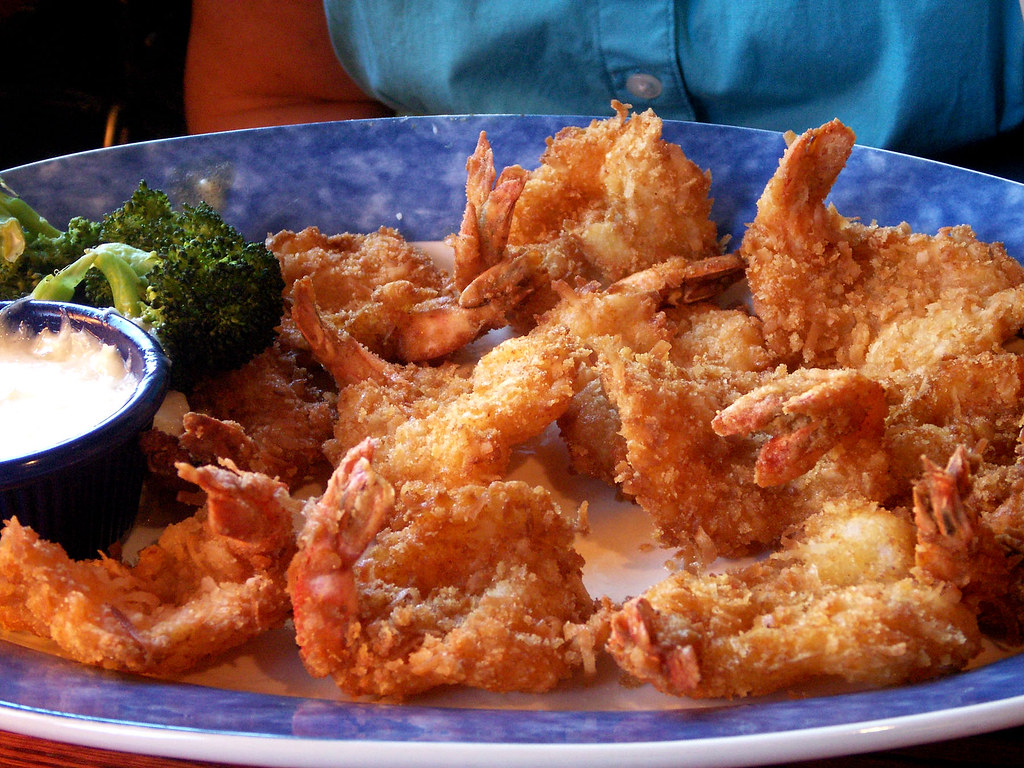
Speaking of seafood, shrimp offers up some great benefits for those looking to up their nutrition. Four ounces of shrimp will give you 17 grams of protein. Shrimp is also very low in fat and calories, making it easy to hit your protein requirements without filling up on things you’d prefer to avoid.
Edamame
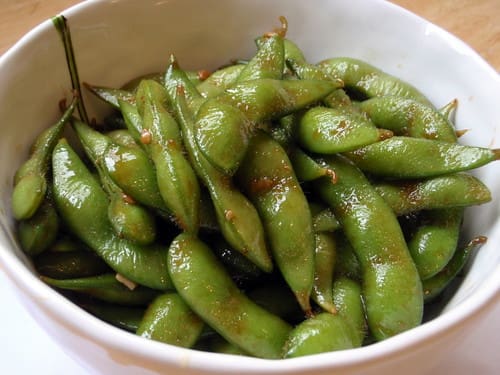
Edamame is technically related to soybeans, but these yummy beans are often eaten by themselves. A half-cup of shell-on edamame contains 9 grams of protein. If you’re the kind of person who loves snacking, consider making edamame your go-to snack. It’ll offer you a ton of protein and other good vitamins and nutrients.
Tuna
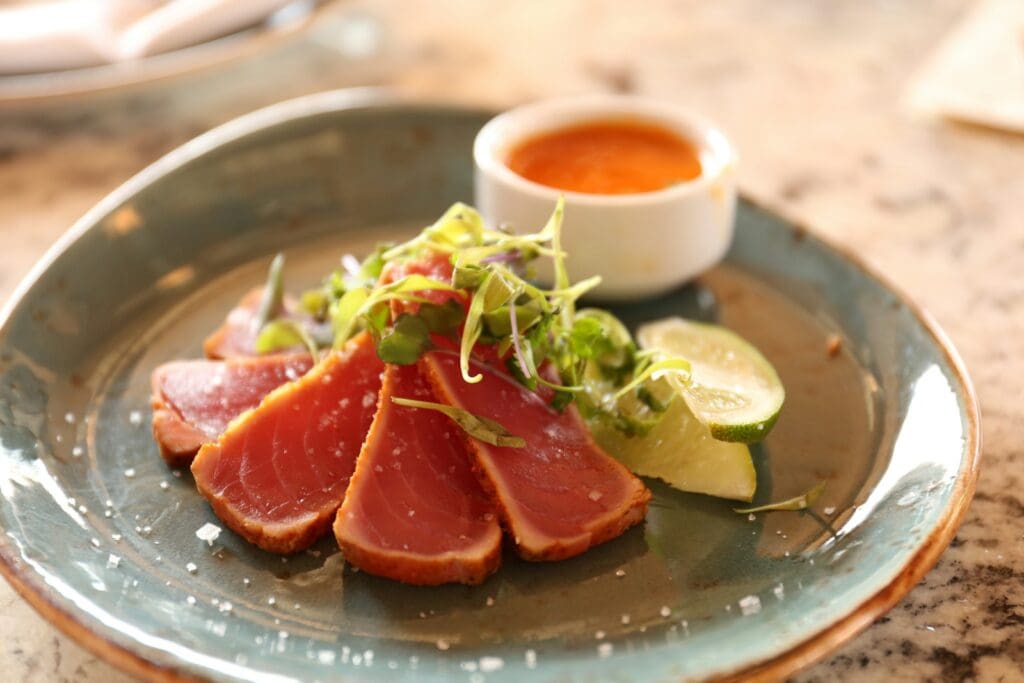
Like salmon, tuna is very rich in protein and quite good for you. A single can of cooked tuna has 33 grams of protein. As such, keeping canned tuna on hand can be an easy way to offer yourself a quick meal without much prep time or cooking.
Lentils
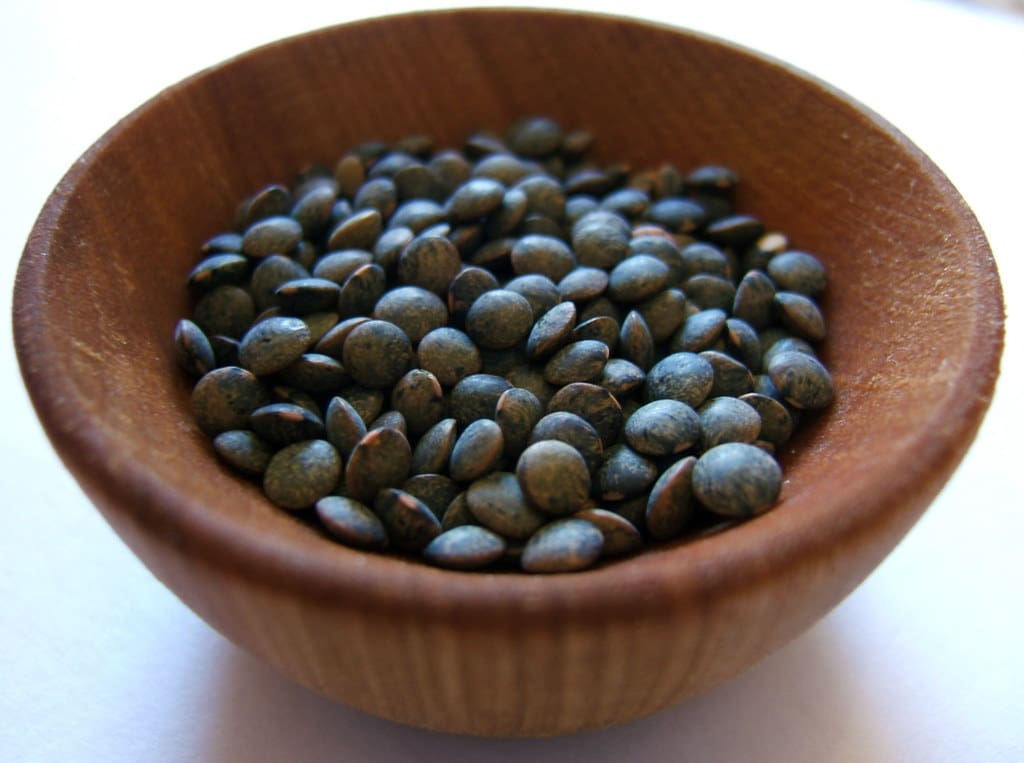
Lentils are considered a superfood by many nutritionists. Half a cup of lentils will get you 9 grams of protein. Moreover, these yummy little plants are loaded with 8 grams of fiber and 3 mg of iron per half cup, making them all-around awesome options for people looking to cut down on their meat consumption.
Chickpeas
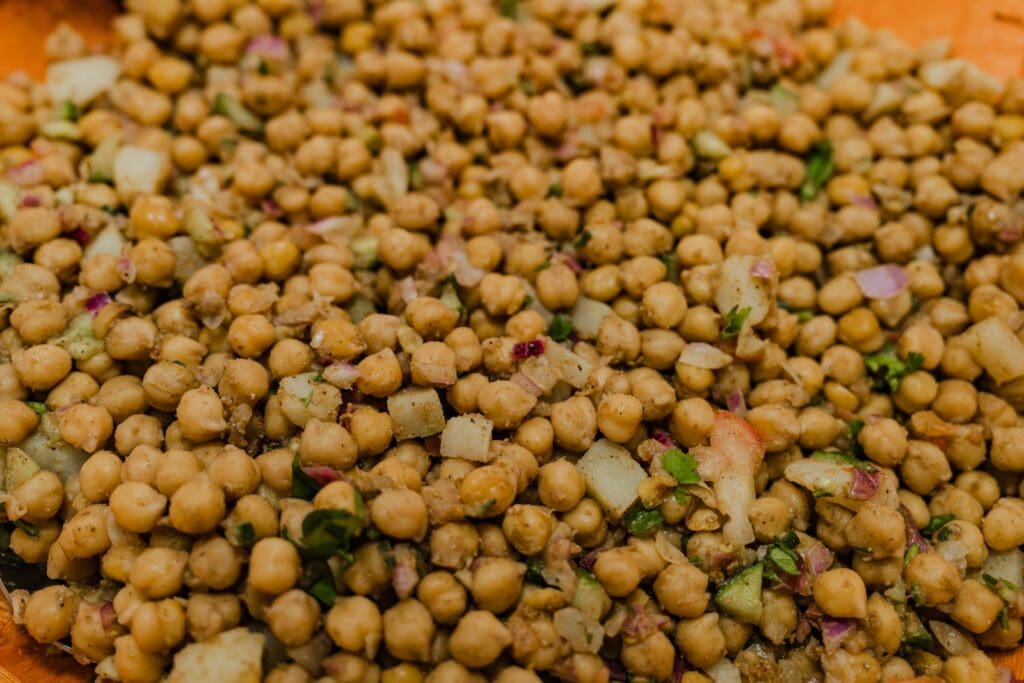
Chickpeas are versatile. You can eat them as hummus, throw them in a salad, or just roast them and snack on them. You get around 15 grams of protein per cup of cooked chickpeas, and 12 grams of fiber in that same serving. They’re also rich in iron, which is perfect for vegetarians and vegans.
Chicken

Foregoing any “chicken or the egg” jokes here, the animal that lays the egg is higher in protein than the egg itself. That should come as no surprise, given that eggs are singular cells and chickens are complex organisms that create those cells, but, hey, science is confusing. Four ounces of chicken contains 25 grams of protein.
Rolled Oats
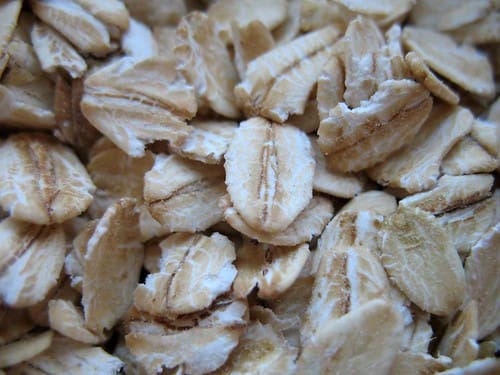
One fifty-gram serving of this popular breakfast food contains around eight grams of protein. It’s not just a carb! It’s a protein-rich option that is also rich in fiber and tastes great when dressed up with fruits and almonds. Consider making this part of your daily breakfast routine.
Parmesan
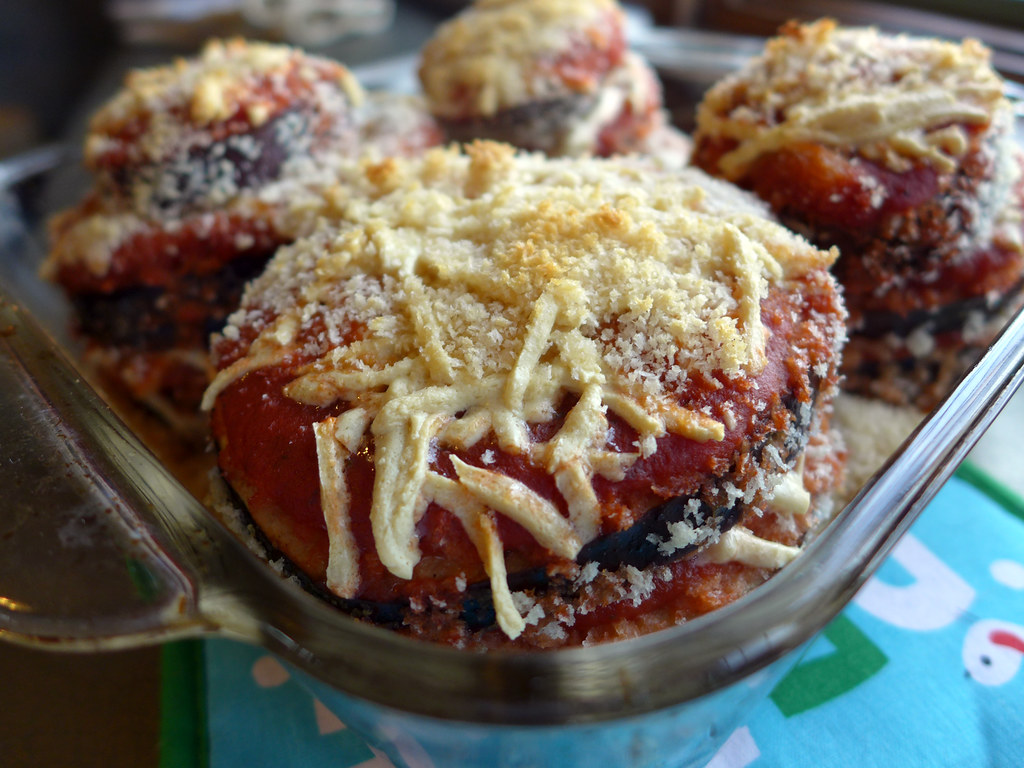
Don’t forget cheese as a source of protein. Unless you’re vegan, you can always sprinkle a bit of parmesan in and get yourself 11 grams of protein per one-ounce serving of parmesan. And, like most dairy products, it’s rich in calcium and vitamin D. Try sprinkling it over your salads!
Lima Beans
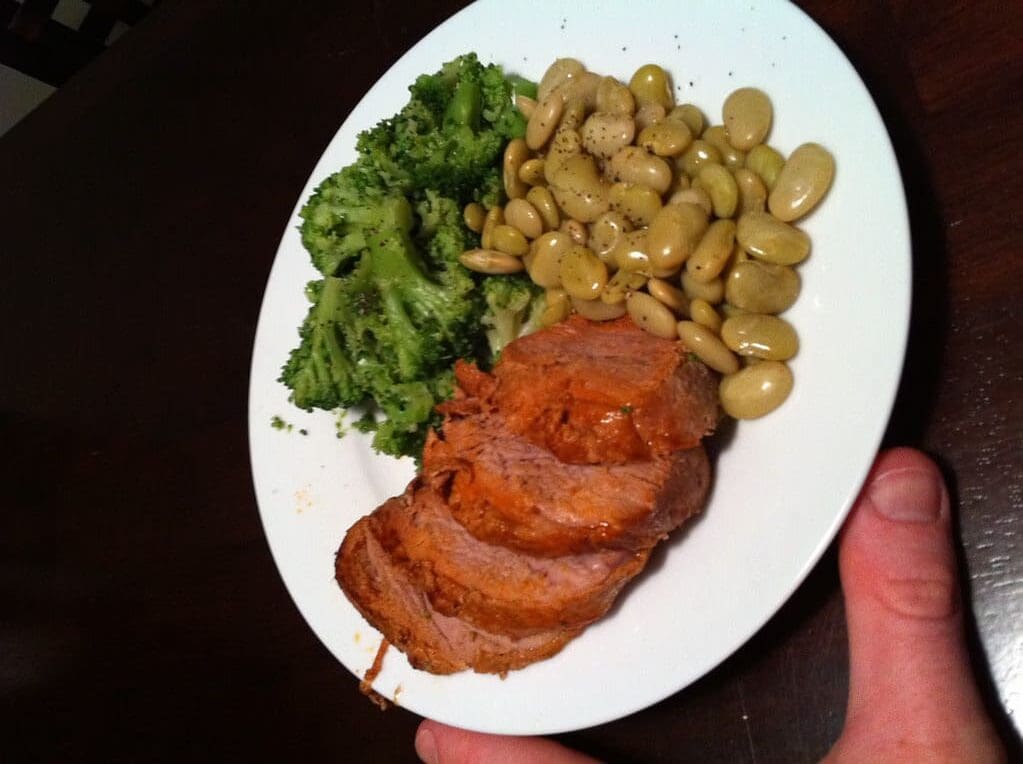
A one-cup serving of lima beans will give you around 12 grams of protein. That’s pretty standard for beans, of course, which are naturally very rich in protein. Technically lima beans are also legumes, not true beans, but that’s really just splitting hairs and only matters if you’re the kind of person who needs to always be technically correct.
Peanuts
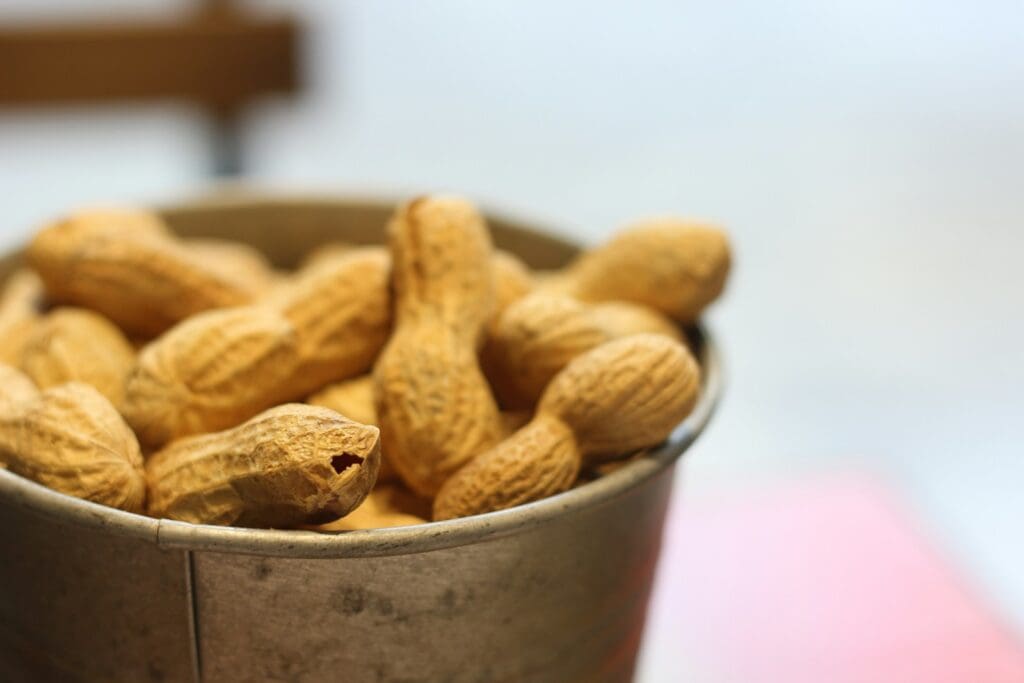
Speaking of being pedantic, peanuts aren’t even nuts. They’re also legumes. Here’s the thing, legumes are just really good for you. Loaded with protein, you can get 26 grams of the stuff from a 100-gram serving of peanuts. Crunch them up and add them to your Thai-inspired food for best results.
Turkey
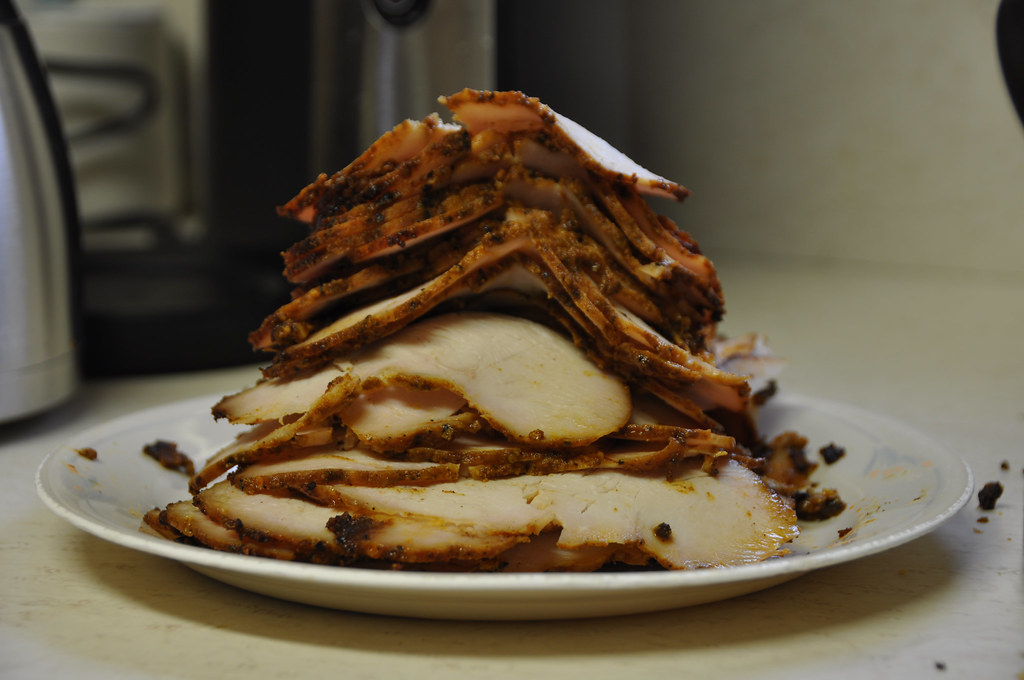
A four-ounce serving of turkey yields around 25 grams of protein, making it an ideal main course for a dinner. Make sure you eat it for dinner, too, because turkey can make you quite sleepy! It’s a great dish to have after a workout to encourage a restorative night’s sleep.
Dried Spirulina
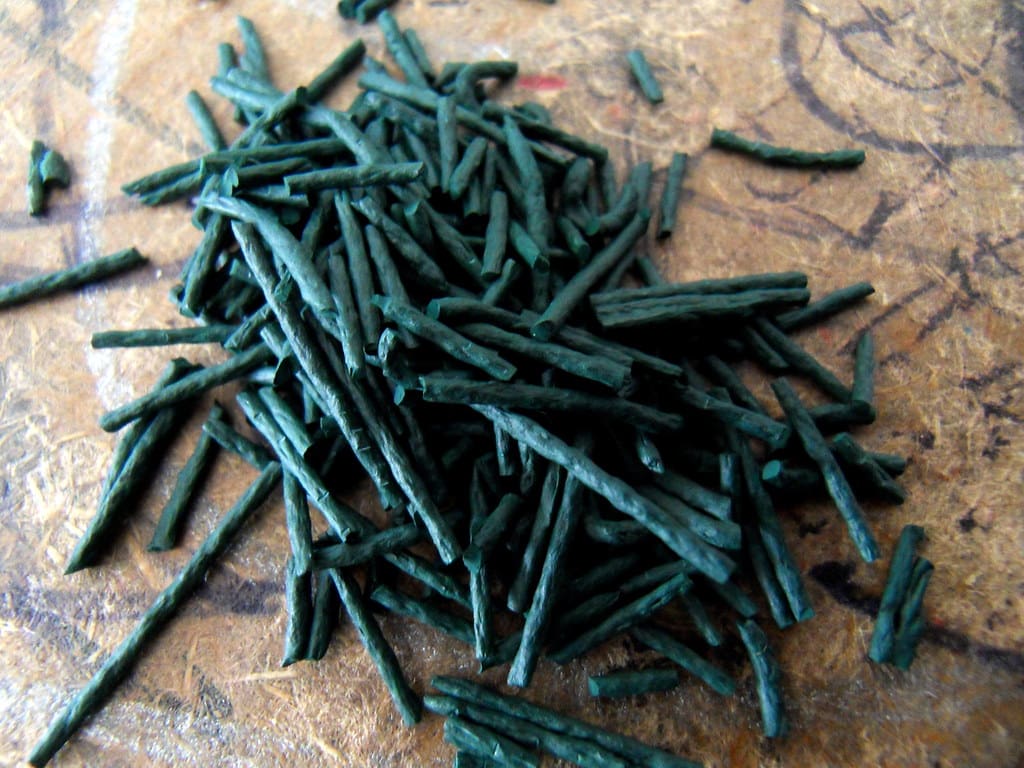
Spirulina, or sea algae, is a popular new type of food that is great when sprinkled on salads or used to season vegetables. It’s extremely dense in protein, containing 8 grams per 2-tablespoon serving. This powdered sea item is among the best foods for vegetarians and vegans to add protein to their dishes.
Gruyere Cheese
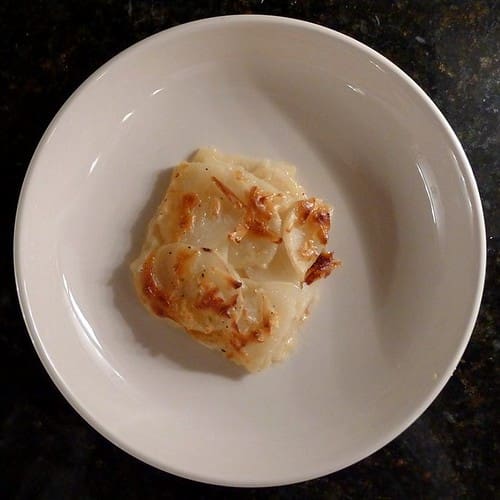
Cheeses are dense in protein, after all. Gruyere cheese, in particular, offers up 8 grams of protein for each 1-ounce serving. That makes it easy to quickly add to a dish like pasta to increase your protein intake. Just make sure you don’t overindulge, as it’s tasty enough to convince you to have more than a single serving!
Seitan
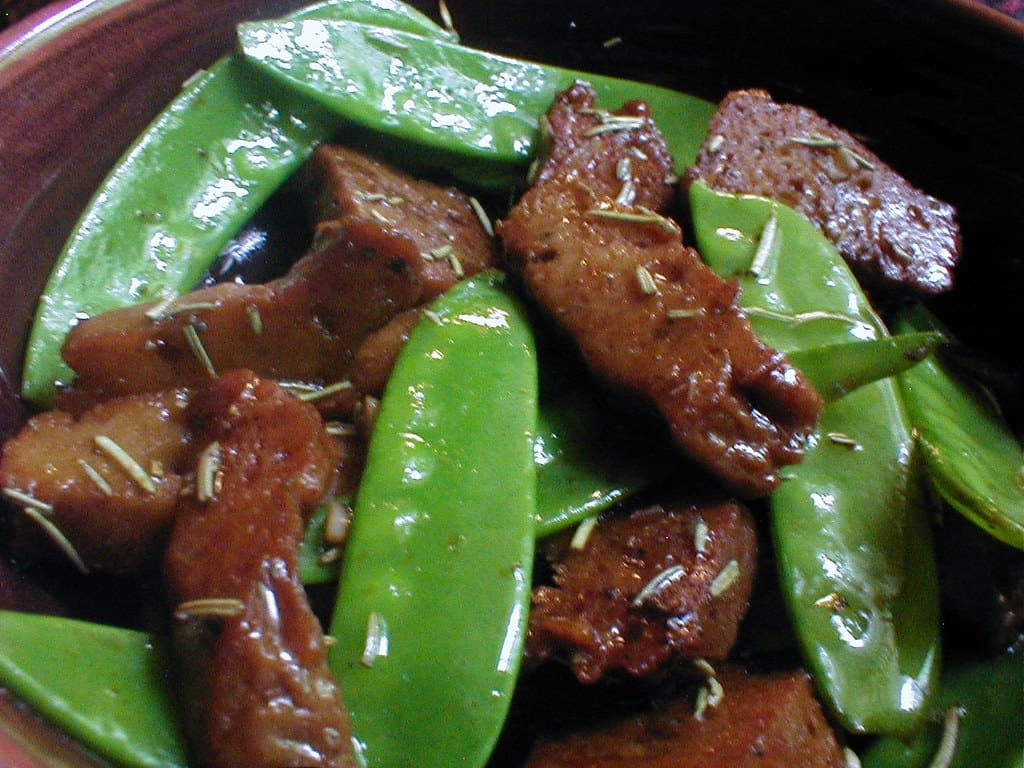
This gluten-based superfood is somewhat similar to tofu but much richer in protein. It gives you 20 grams of protein in a single 3-ounce serving, and has a porous texture that makes it a perfect meat substitute. If you’re the kind of person who loves seasonings and sauces, it’s time to say “yes, today, seitan!”
Roast Beef

A 100-gram serving of roast beef is nearly 20% protein, offering up 19 grams of the stuff. And, yes, deli meats have a lot of salt. But if you watch your portions and eat deli meats like roast beef responsibly, you can create some tasty lunches that have your daily suggested protein intake without loading up on fat and calories.
Almonds
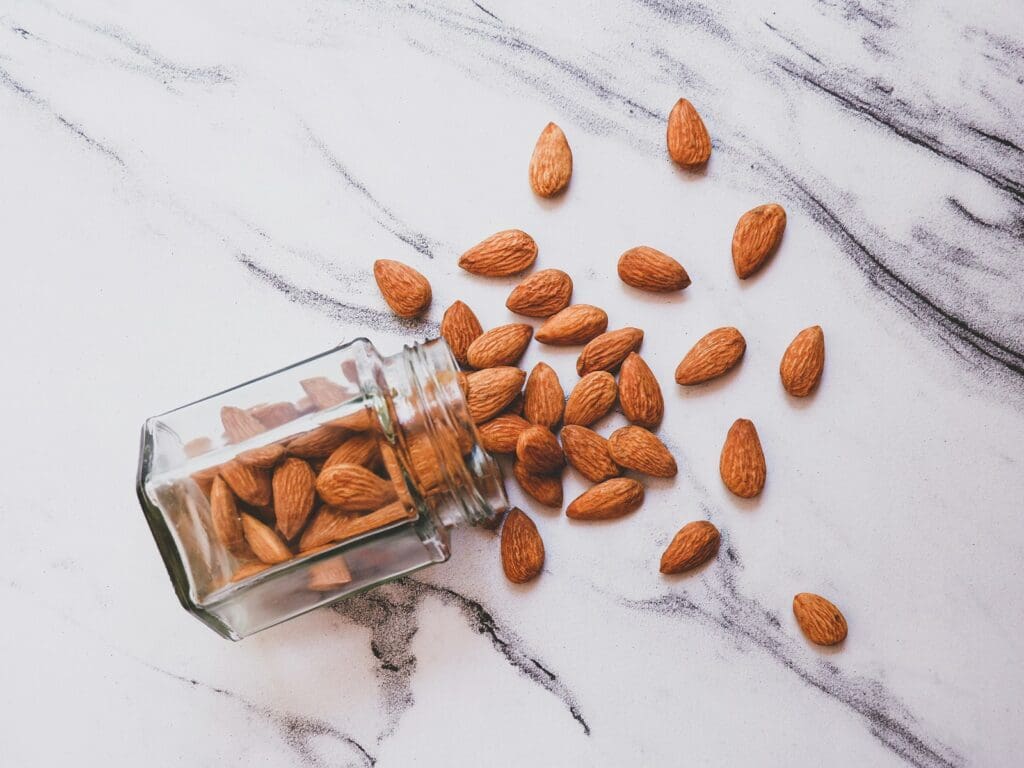
Besides protein, almonds are packed with nutrients providing health benefits. They are one of the best sources of vitamin E. One ounce provides 1/3 of daily needs, and this antioxidant helps support skin and the immune system. Almonds are rich in protein, fiber, healthy unsaturated fats, magnesium, phosphorus, and potassium. Consuming almonds may help lower cholesterol and prevent Alzheimer’s disease.
Cheddar Cheese
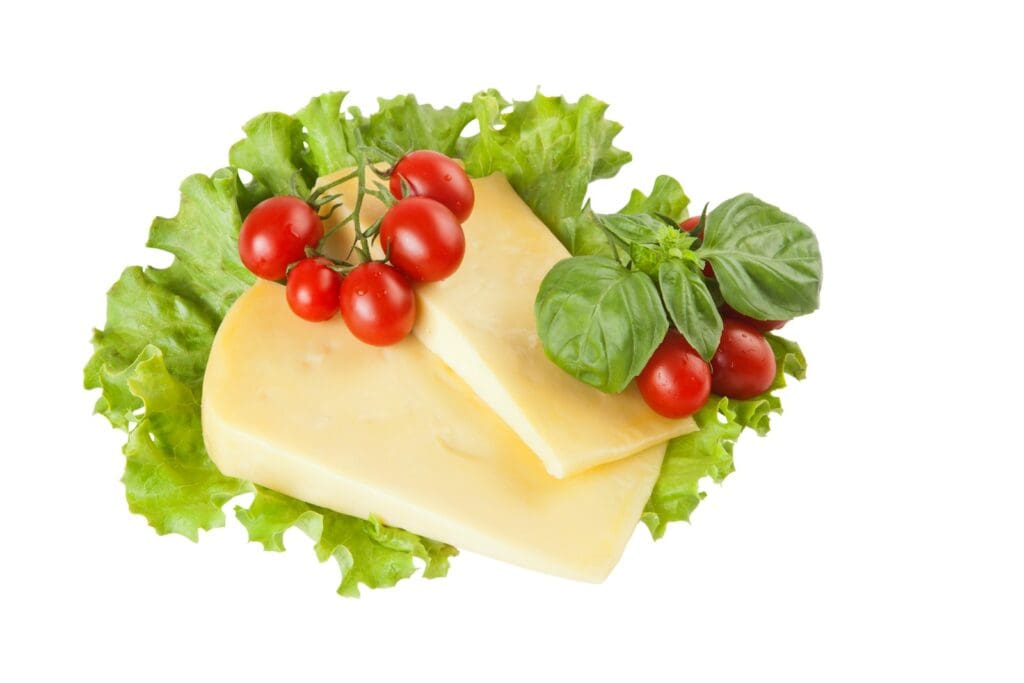
Cheddar cheese delivers nearly 7 grams of protein per ounce. In addition to protein, cheddar cheese is rich in calcium, which is essential for building strong bones and teeth. Cheddar also contains vitamin K2 for heart and bone health, vitamin B12 for metabolism and brain health, and zinc for immune system function. Cheddar contains probiotics, which help improve gut health.
Peanut butter
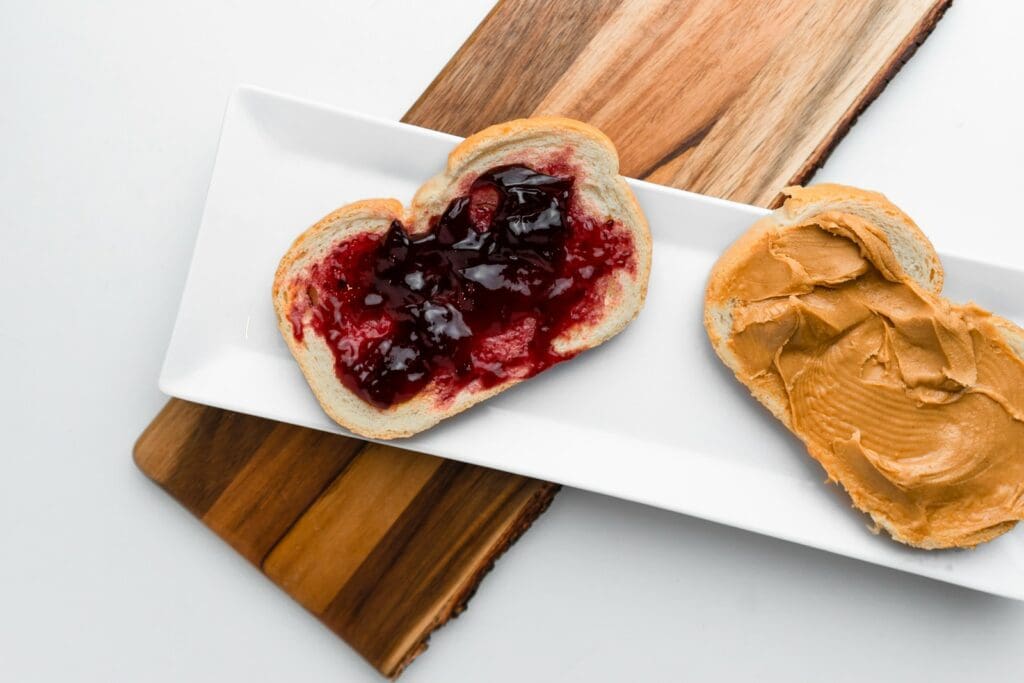
Peanut butter is an excellent source of protein. It contains soluble and insoluble fiber, which helps digestion and lowers blood sugar and cholesterol levels. Peanut butter contains many nutrients, including vitamin E, magnesium, iron, selenium, and vitamin B6. Research shows people who consume peanut butter and other nuts regularly are less likely to develop type 2 diabetes and heart disease.
Black Beans
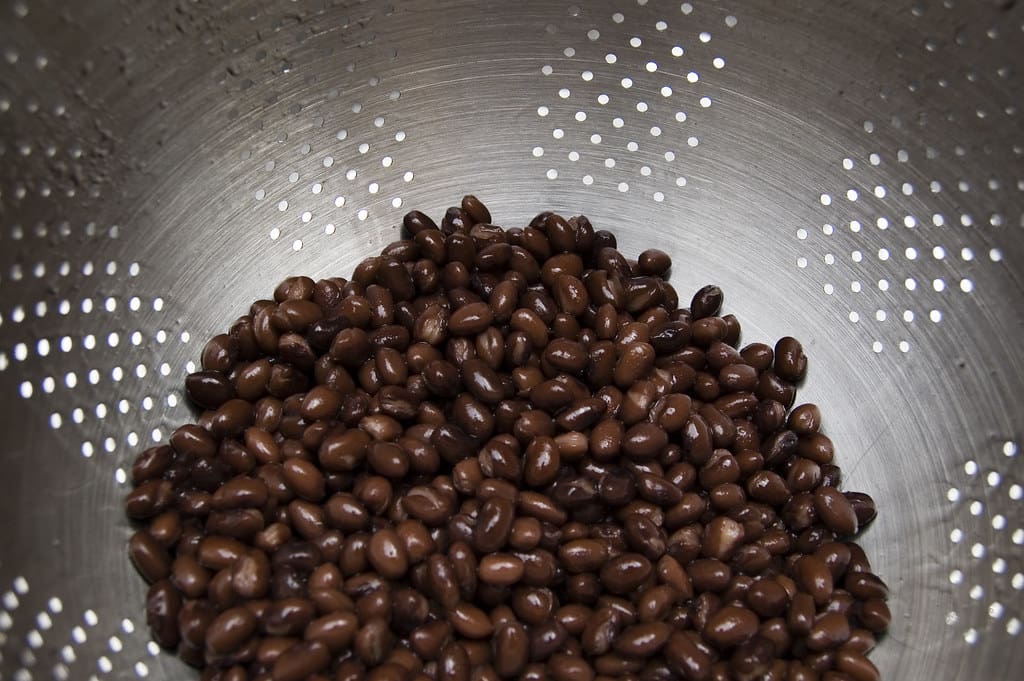
Black beans and other legumes offer similar amounts of protein. They’re also high in fiber, which helps regulate cholesterol and blood sugar levels. Black beans are an excellent source of folate (vitamin B9), as well as magnesium, potassium, zinc, and calcium. These nutrients boost bone health, nerve function, and immunity.
Sprouted-grain bread
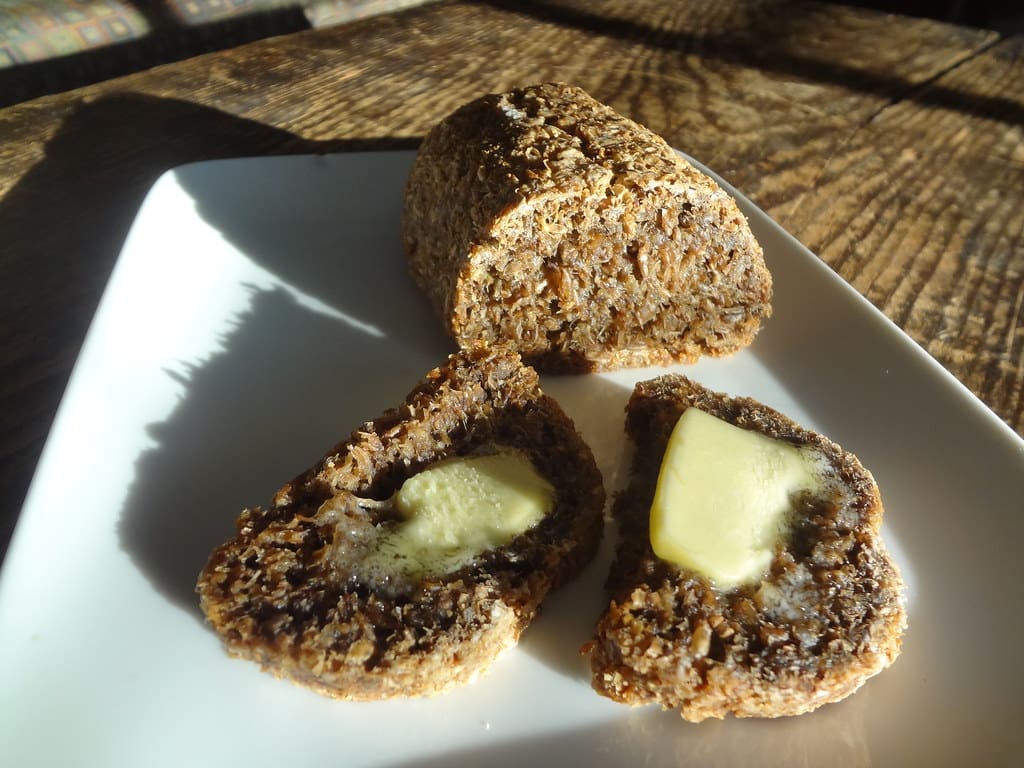
We normally don’t think of bread as a protein source. But some whole wheat breads have 3-5 grams of protein per slice. Sprouted-grain bread is made from whole grains that have been allowed to germinate or sprout before being milled into flour. As a result, they have increased vitamins and antioxidants and improved digestibility in the absorption of minerals.
Quinoa
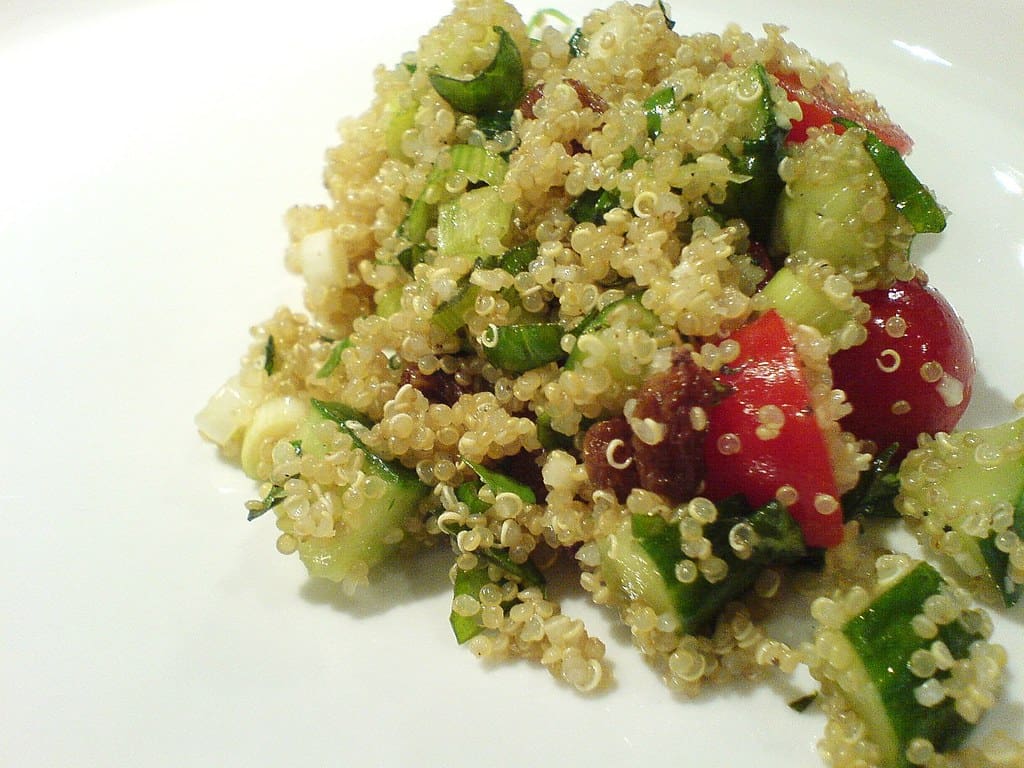
Quinoa is a whole grain packed with protein, fiber, and nutrients. Quinoa is a superfood that delivers complete protein containing all nine essential amino acids that the body requires but can’t produce on its own. Quinoa is also high in iron, magnesium, phosphorus, manganese, and zinc. It’s naturally gluten-free and a prebiotic that feeds good bacteria in the gut.
Pumpkin seeds
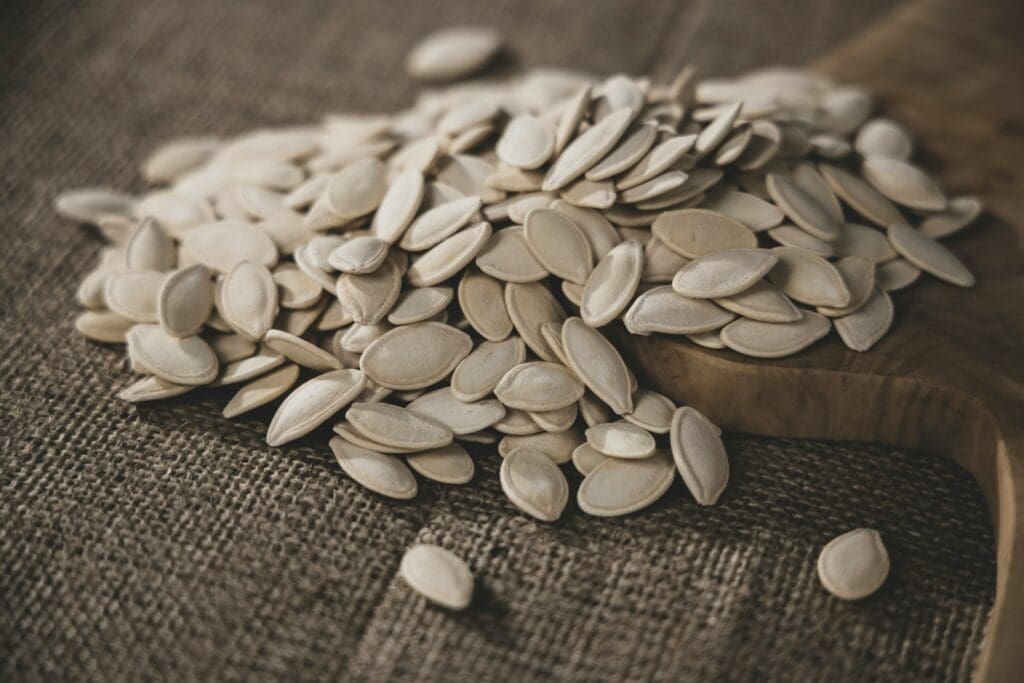
Pumpkin seeds, also called pepitas, are a protein-rich seed that is also high in vitamins, minerals, antioxidants, unsaturated fatty acids, and dietary fiber. They come from pumpkins in a variety of gourd squash. Pumpkin seeds provide many health benefits, including anti-inflammatory effects and anticancer properties. They can ease overactive bladder, improve prostate health, promote better sleep, and lower blood pressure.
Chickpea pasta
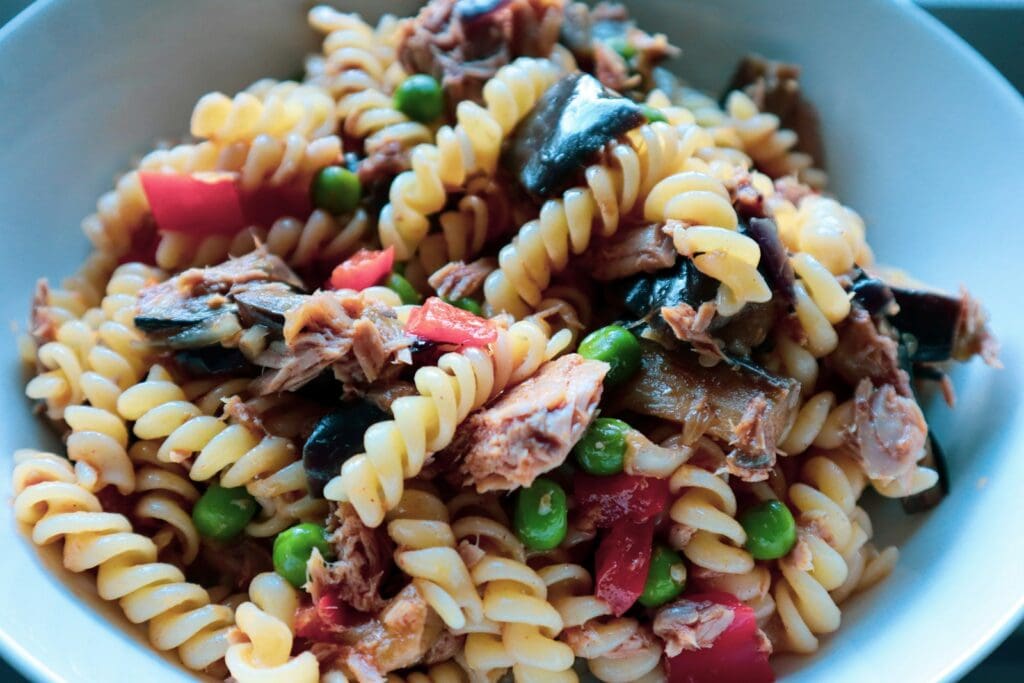
We normally don’t associate pasta with being protein-rich, but new pasta made from beans is changing that. These pastas use bean flour instead of semolina, thereby boosting protein and fiber. Chickpea pasta has nearly double the protein of refined-wheat pasta and contains more iron, magnesium, and potassium. Chickpeas are high in fiber, which may improve digestive health and prevent constipation.
Read More: 10 Foods You Didn’t Know Were Keto-Friendly
Greek yogurt
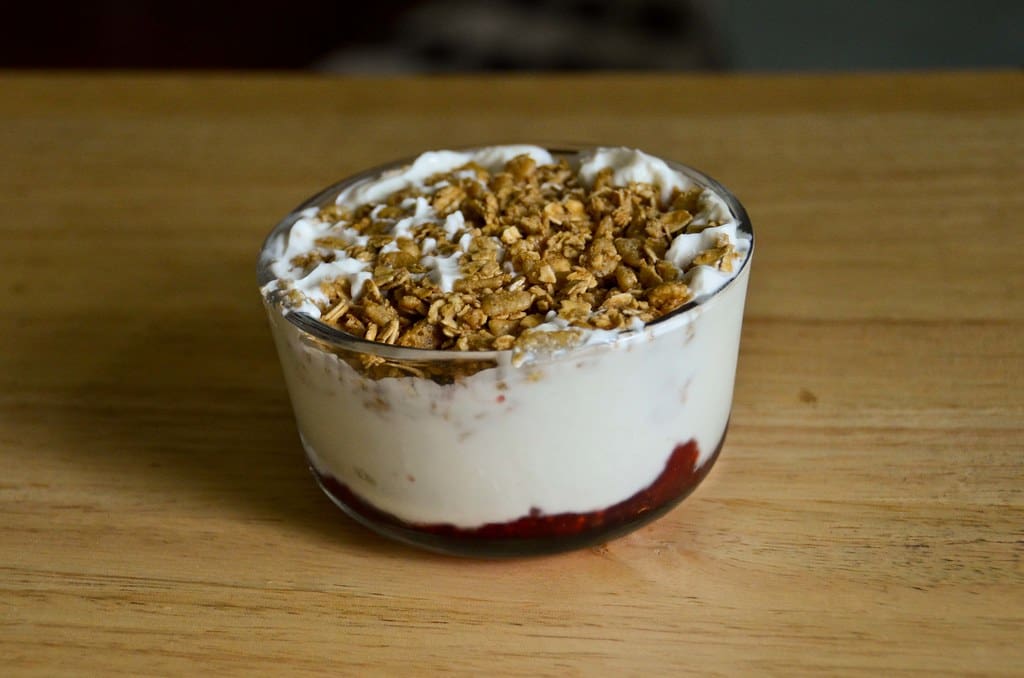
Greek yogurt contains more protein than regular yogurt. It is high in calcium for bones and teeth and iodine for a strong immune system and thyroid function. Greek yogurt contains probiotics, which are “good” bacteria that aid with digestion and support a healthy gut balance. It also contains vitamin B12, which is essential for a healthy brain and nervous system.
Read More: The 10 Foods Most Likely to Sabotage Your Sleep
Tofu
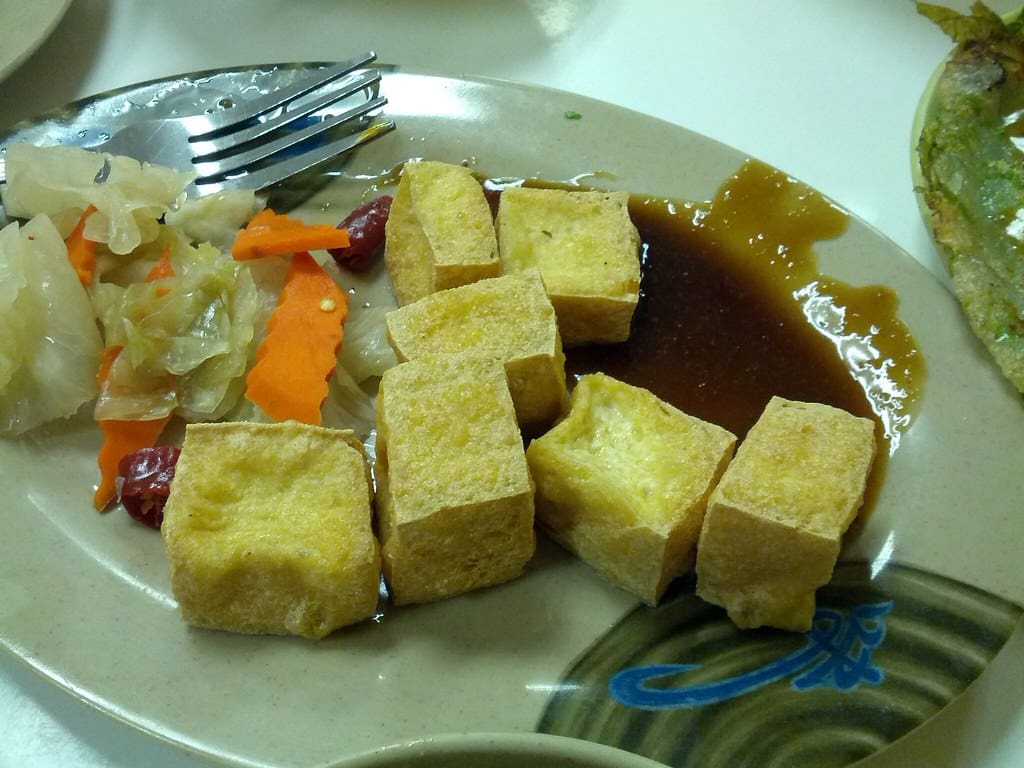
Only a 1/2 cup of tofu delivers almost as much protein as four eggs. Further, it contains all of the nine essential amino acids your body needs and can’t produce on its own. Tofu is low in saturated fat and cholesterol-free. It’s rich in minerals and vitamins, including vitamin A, calcium, iron, and manganese. Tofu’s neutral flavor blends with anything.
Read More: Top 10 Healthy Snacks for Busy People

